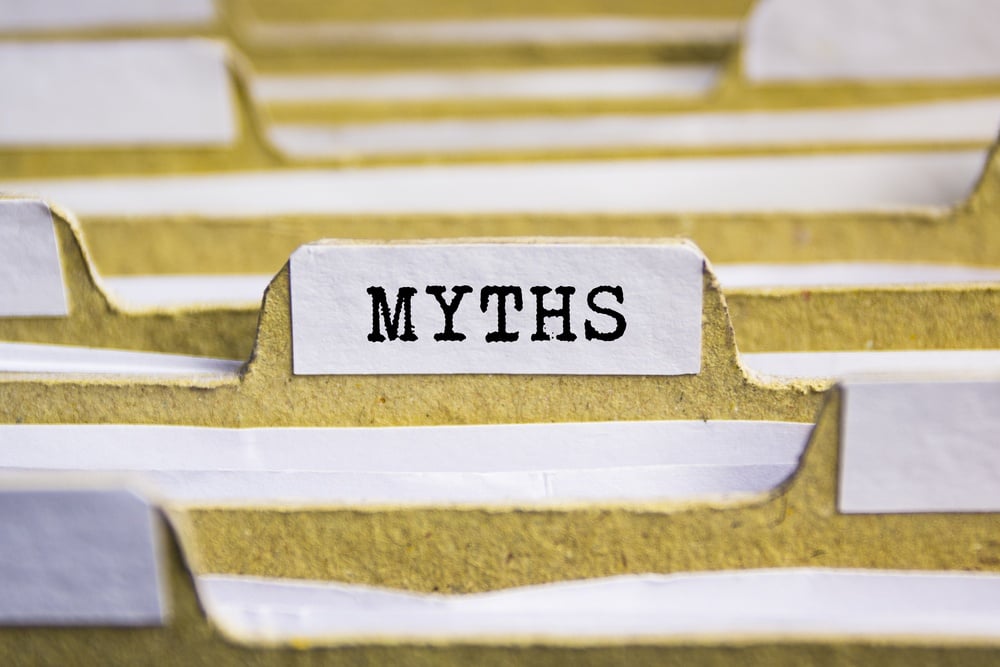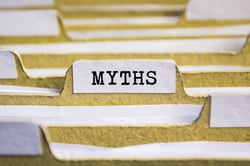
 The idea of selling your veterinary practice may have floated through your mind a time or two. However, you may have some concerns about what happens when you decide to sell. Often, practice owners fall prey to myths about their industry that keep them from moving forward with a sale. Let's debunk some of those myths and clear up any misconceptions.
The idea of selling your veterinary practice may have floated through your mind a time or two. However, you may have some concerns about what happens when you decide to sell. Often, practice owners fall prey to myths about their industry that keep them from moving forward with a sale. Let's debunk some of those myths and clear up any misconceptions.
A Small Practice Is Easier to Sell Than a Large Practice
In reality, both types of practices present their own challenges. For the buyer, a small practice typically means smaller profits. In today's economic climate, many would-be buyers can't afford to buy into a practice that won't pay them a livable salary after paying their student loan debt. On the other hand, while it may seem risky to sell a large practice to an inexperienced buyer, that buyer might have better luck getting financing for a larger practice. Don't make too many assumptions about who your buyer will be and what's in their best interest.
Location Doesn't Matter If Profits Are Good
Location always matters. Your profits and revenues may change which veterinary offices you are competing with in your town, but location will still be a deciding factor for many buyers. When it comes to the desirability of your city, parking, accessibility and visibility, you need to price your practice accordingly.
There's Plenty of Goodwill Value
For years you've probably heard that you can estimate your goodwill value at five times your earnings. In reality, appraisers look at goodwill value as a highly individualized number. If yours is a one veterinarian practice where you have a very close relationship to your clients and patients, your personal goodwill may be very important. If yours is a five veterinarian practice where any veterinarian available treats any pet needing care, individual goodwill of any single veterinarian may be less important. When selling your veterinary practice you will need to clearly demonstrate how your goodwill affects you revenue and your profit.
You Should Sell Stock
There are two ways to sell a practice. You can sell assets or you can sell stock.You may be able to avoid some capital gains taxes by structuring a sale as a stock sale, but you severely limit your pool of buyers and the amount some buyers are willing to pay. Most buyers want to be able to write off or depreciate some or all of the purchase price. A stock sale keeps the buyer from claiming any depreciation at all while saving you little in taxes if your sale price is allocated properly.
These are just four of the most common myths about selling your veterinary practice. You should always do your research when it comes to selling your veterinary practice and consult with a broker who can explain your options and what you can expect to get out of your practice based on current market conditions.
These Stories on Selling a veterinary practice
Street Address:
100 Crescent Ct, Suite 700
Dallas, TX 75201
Call Us: 214.593.7158
Email: mlee@praxisinc.com
No Comments Yet
Let us know what you think